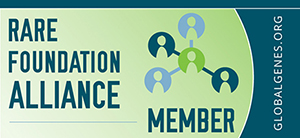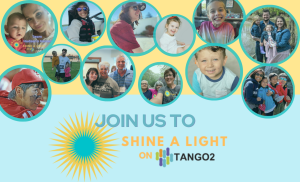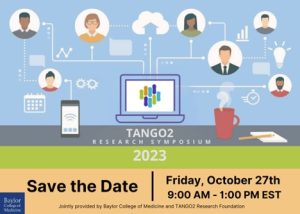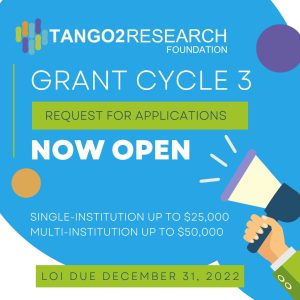MOVEMENT DISORDERS STUDY
PARTICIPATION IS CRITICAL
Participation will allow researchers to characterize how TANGO2 disease affects movement and gait in children with TANGO2-related deficiency disorder. Study findings may lead to earlier diagnoses and novel treatments in the future for TANGO2-related deficiency disorder.
Click Here to Get Started!Study Contact: Dr. Mahshid Azamian
Email: tango2.research@bcm.edu
Child neurologists at the University of Rochester and Texas Children’s Hospital in collaboration with Baylor College of Medicine are conducting a movement research project funded by the TANGO2 Research Foundation. Their research will help categorize common movement disorders presented with TANGO2-related deficiency disorder to help doctors with early diagnosis. We currently have 17 participants enrolled with a goal of 50 participants. Enroll today and help us understand how TANGO2-related deficiency disorder affects movement in children.
What Does Participation Look Like?
- Give your consent (or re-consent) for the Natural History Study.
- Receive a secure link to a Box folder where you can upload your videos of your child. (Include videos of abnormal movements and of normal behavior such as walking, talking, or doing a fine motor task).
- Answer a few questions about the movements you’ve seen.
- Experts will review the videos and characterize their observations.









